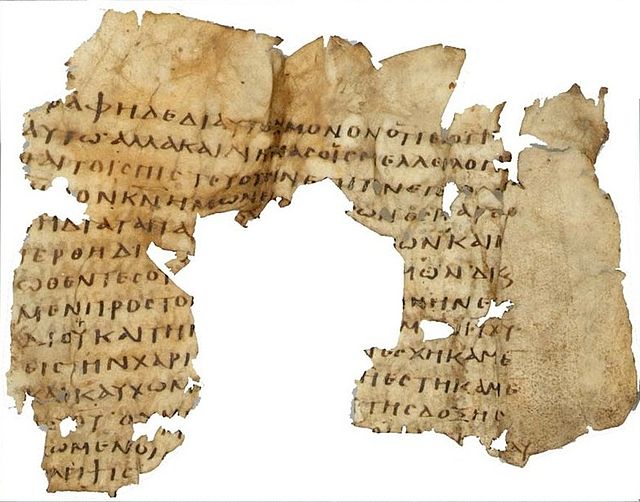Have you ever wondered about the book that comes before Romans in the Bible and its significance? Explore the often overlooked yet rich content of this important text in our latest blog post. Delve into the historical context, key themes, and powerful messages that lay the foundation for the impactful teachings found in the book of Romans.
Discover how understanding the book that precedes Romans can deepen your appreciation for the overall narrative of the Bible and provide valuable insights into the development of early Christian theology. Uncover hidden gems of wisdom and inspiration that will enrich your spiritual journey and illuminate the interconnectedness of the biblical texts. Join us on this exciting exploration of the book before Romans and unlock a treasure trove of knowledge that will enhance your study of the Scriptures.
Exploring the Lesser-Known Book Preceding Romans in the Bible
The Book before Romans in the Bible is the Book of Acts. This book is an important part of the New Testament and serves as a continuation of the Gospel of Luke, both written by the same author, traditionally believed to be the apostle Luke.
The Book of Acts is a historical account of the early Christian church, following the ascension of Jesus Christ and the coming of the Holy Spirit on the day of Pentecost. It details the spread of Christianity from Jerusalem to Rome, focusing on the ministry of the apostles, particularly Peter and Paul.
The book begins with Jesus’ final instructions to his disciples before ascending to heaven and the subsequent election of Matthias to replace Judas Iscariot among the twelve apostles. The coming of the Holy Spirit is then described, empowering the apostles to preach the gospel in different languages and leading to the conversion of thousands of people.
Acts also recounts the persecution faced by the early Christians, notably Stephen, who became the first martyr of the Christian faith. The conversion of Saul of Tarsus, later known as the apostle Paul, is a central event in the book, illustrating the transformative power of encountering the risen Christ.
The missionary journeys of Paul are extensively documented in Acts, as he travels throughout the Roman Empire, preaching the gospel, establishing churches, and facing opposition and hardships. The book provides valuable insights into the challenges faced by the early Christians and the rapid growth of the church despite adversity.
Throughout Acts, we see the work of the Holy Spirit guiding and empowering the early believers, fulfilling Jesus’ promise to be with them always. The book highlights the importance of unity, prayer, and boldness in proclaiming the gospel, even in the face of opposition and persecution.
In conclusion, the Book of Acts serves as a crucial link between the Gospels and the epistles in the New Testament, showcasing the birth and expansion of the Christian church under the guidance of the Holy Spirit. It is a rich source of historical, theological, and practical insights for believers today, inviting us to emulate the faith, courage, and dedication of the early disciples in spreading the good news of Jesus Christ to all nations.
Which book comes before the book of Romans?
The book that comes before the book of Romans is the Book of Acts.
What are the first books of the Bible in order?
The first books of the Bible in order are Genesis, Exodus, Leviticus, Numbers, and Deuteronomy. These five books are collectively known as the Pentateuch, Torah, or Books of Moses.
What is the oldest book of the Bible?
The oldest book of the Bible is generally considered to be the Book of Job. Job is believed to have been written between the 7th and 4th centuries BCE, making it one of the earliest texts in the Bible.
What number book is Romans in the Bible?
The book of Romans is the sixth book in the Bible’s New Testament.

